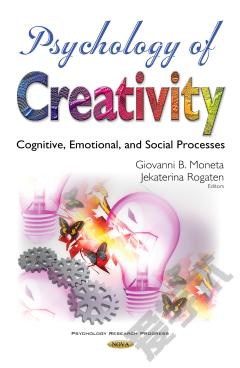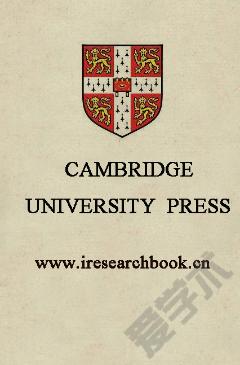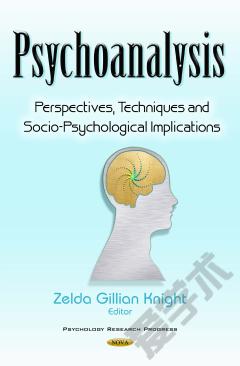Psychology of Creativity: Cognitive, Emotional, and Social Processes
Creativity is a property of a finished idea or product. An idea is creative if it is both new and adaptive. Creative ideas are needed in a world that becomes ever more complex, and poses problems with no clear path to a solution and for which no solution method is known. These ill-conditioned problems are ubiquitous in work and everyday life. For 65 years, psychologists have researched the psychological processes that foster the inception of a novel and promising idea, and eventually lead to its social recognition as an innovation. Despite the huge conceptual and methodological progress made, creativity still defies attempts to teach it in universities, to foster it in work environments, and to make it become a component of lifelong personal development for all. "Psychology of Creativity" is a timely collection of cutting-edge conceptual and empirical contributions to the research on the cognitive, emotional, and social processes underlying creativity in general and in specific contexts, such as learning and teaching development, professional development, and adaptive coping with ageing. Each chapter is grounded in psychological theory, addresses specific research questions, and outlines interesting and feasible directions for future research and applications. This book is suitable both for experienced researchers and for graduate students who are considering conducting their dissertation in the field of psychology of creativity.
{{comment.content}}








 京公网安备 11010802027623号
京公网安备 11010802027623号